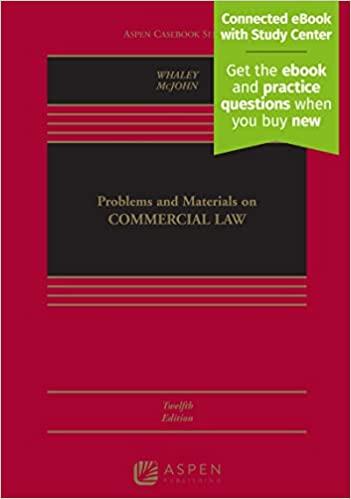Question
Betty works for a health care organization as a nurse. Over the past couple of years she has complained of unwanted sexual advances made by
Betty works for a health care organization as a nurse. Over the past couple of years she has complained of unwanted sexual advances made by a doctor in her organization, and she has filed a union grievance, as well as a complaint with the Bureau of Labor and Industries, seeking redress. Betty and her employer engaged in mediation, during which the employer revealed information about Betty's job performance it said it was prepared to use in defense of the case, and it also hinted that it might terminate her employment. The parties hammered out an oral agreement resolving the case, According to the terms of the oral agreement, the employer agreed to pay Betty $84,000, and Betty agreed to resign her position and not to reapply for any position with the employer. Both parties agreed that the terms of the agreement would be kept confidential. Betty asked for a few days to think it over, but was told that she would have to make her decision that day. Betty went to dinner with her family, and talked the decision over with them. While she was gone, the attorneys wrote up the principle terms of the settlement in outline form. After dinner, Betty notified her attorneys that she accepted the terms of the agreement, and her attorneys notified opposing counsel and the mediator that the case had settled. Two days later, Betty notified her attorneys that she had changed her mind and would not sign the agreement. Her employer sued to enforce the oral agreement.
Is this oral agreement enforceable, or is enforcement barred by the Statute of Frauds?
Step by Step Solution
There are 3 Steps involved in it
Step: 1

Get Instant Access to Expert-Tailored Solutions
See step-by-step solutions with expert insights and AI powered tools for academic success
Step: 2

Step: 3

Ace Your Homework with AI
Get the answers you need in no time with our AI-driven, step-by-step assistance
Get Started


